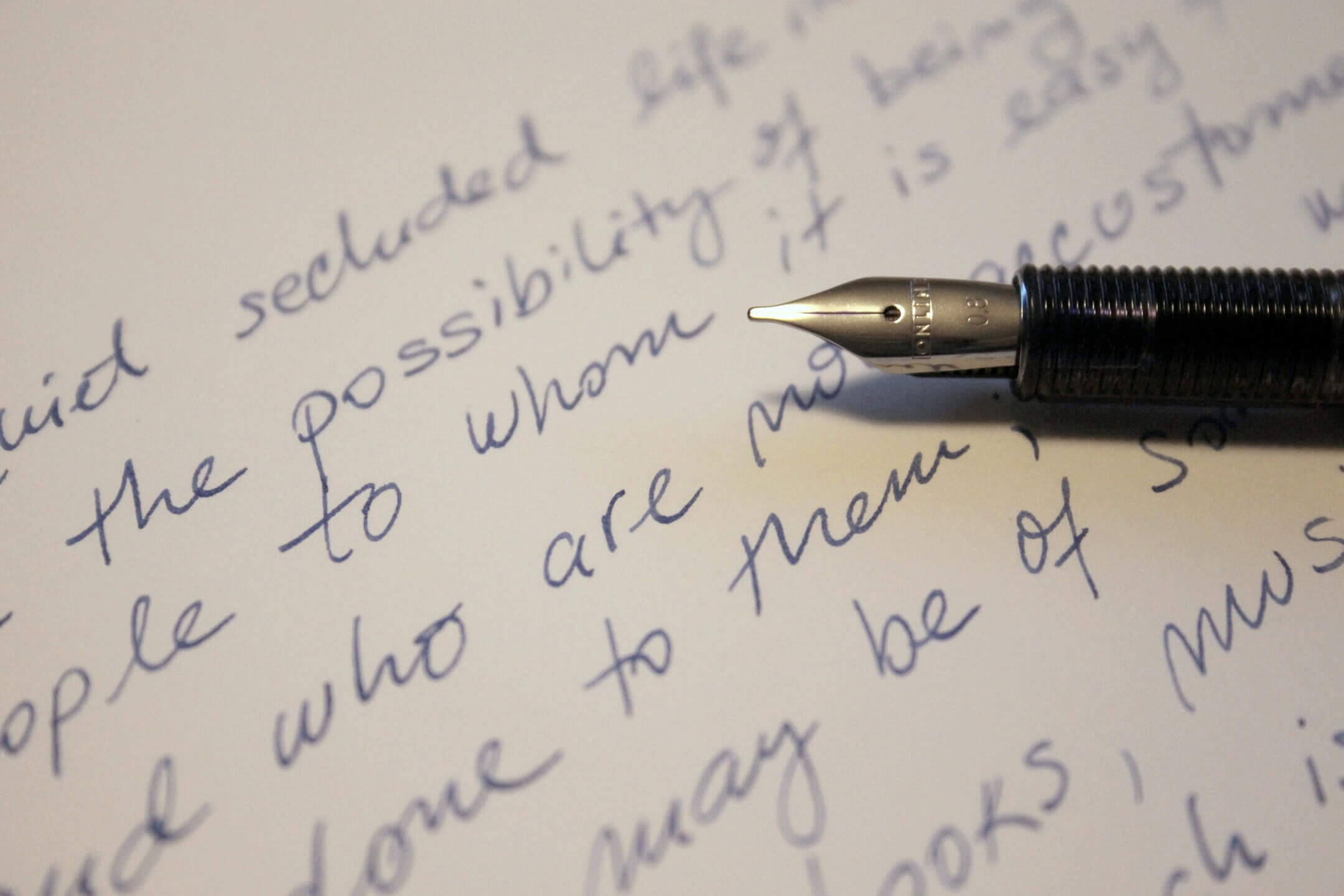Here are expert tips and pointers on how to best answer HR Interview questions on written communication.
Along with being well-versed with other skills, written communication is a vital skill that recruiters seek in candidates. It is their ability to write clearly and succinctly in a variety of communication settings and styles. It shows that they can get messag-es across that to have the desired effect. In today’s virtual business world, written communication is an active mode of business communication.
This comprises of electronic mails, memos, letters, journals, job descriptions, reports, documents, employee manuals, etc. are some of the most modes of written communication. Also, when it comes to a goal, and this is something that an individual wants. But the focus should be on avoiding negativity and ensuring that you move towards the goal. Remember that at the end of the day, your career goals are about set-ting short-term and long-term objectives. So both need to be accomplished and are interdependent .
The Interviewers could ask the candidate for several writing samples to assess the level of competence, how will you respond?
There is a possibility that interviewers would ask you to write samples and assess your level of competence. This can be done to test your abilities to compose a message. Some of the tests may include writing letters, typing orders, notices, etc. Ideally, you should be well-versed with written communications, and if not, you should start practicing on the same.
The content requires may be short and crisp, but considering that it is a business requirement, you need to be professional in the writing approach. You don’t want to write or communicate something that is not clear. So be wary of the words you chose. Ideally, the content or written communication you are providing should carry forth the needed message without seeming too long.
It is imperative that through this written communication, you explain what you want the reader to do. The reader should not be obliged to understand — rather, the flow of words should be simple enough for them to grasp. They want to check if your wordplay and communication are vague and sloppily written, or it is clear and concise. So try to keep information that you are communicating or writing concise and straightforward. Avoid flowery language or words that are not easy to understand. Use technical terms with a glossary or define them if possible. Offer a clear overview rather than beating around the bush.
Describe the most significant or creative written presentation you had to complete.
Through your career span, you may have come across a number of tasks where you had to write or present a document or white paper. Ideally, you should be carrying this document in your portfolio — as a hard copy and not a soft copy. You can have a xerox of the original text or even a rough draft that you had made. In-stead of talking, you can simply refer to the document in your answer. Then you can describe the project and how you went about writing the same. Unless the document is very confidential or contains internal-only information, you can reference it generally. However, in case the document seems to intrude on the privacy of the organization, it is best to avoid editing out those parts.
You should try to find or source a document that shows your creative ability along with a knack for identifying key issues and addressing them in the right manner. The presentation should be concise and yet reflect your research abilities.
Describe a time you wrote a report that was well-received by others.
When discussing a report that is well-received or was appreciated by others, the emphasis should be on the STAR technique, which is mainly used for answering competency-based questions. It first dresses the situation where you quickly set the scene. Short, no more than 10% of your answer. Then comes the task, where you have to address briefly what you had to do — again another 10% of your solution.
Third comes the action part where you should mention what you did and how you did it. The answer should focus specifically on your demonstrated ability to problem-solve. The action is what helps the recruiter understand what you can do for them. Ideally, this should be a major part of your answer. Finally comes the result where you showed a positive effect shows that you used the skill or attribute successfully.
While answering this HR Interview questions on written communication, talk about how you have created successful reports using the same. Do remember that the reciters like to see a systematic approach to writing. You should try to be humble about your efforts and also encourage feedback or suggestions from the interviewers.
Tell me about a time where you didn’t document something that you wish you would have.
There are instances in the life of every professional when documents can go missing — or worse; you forget to document something. For example, it could be that you were preparing a written communication, and though you had a clear idea in mind, you were unable to jot it or note it down. Once caught up with other work, you tend to forget these instances, and hence you also miss out on what you had thought of.
While answering this HR interview question on written communication, remember that the interviewer knows that you are human and often, small mistakes happen. In such cases, do be frank about an instance or a time when you missed documenting. It could be a letter or an essential part of a bigger project. Make sure that you discuss this in detail.
Talk about what you had in mind and whether or not you were successfully able to document the same later. Often, missing bits of ideas don’t come together and though you had worked on a great project, you were not able to document or have a written version of the same — primarily if it signified a piece of your best work.
Give me an example of a time you used written communication to share information that, in hindsight, you realize should have been shared verbally.
Through this HR interview question on written communication, the interviewer would like to see if you believe that all information should be writ-ten down. There are pieces of information that are best shared. These are usually smaller deviations from protocol or using a stronger tone.
Noting down or documenting these could be a potential threat to your reputation or reflect poorly on your profile too. Mention that while communicating through writing has been an integral part of the position, there are times when you actually wish that you could communicate ideas more verbally. Sometimes, it could be that you felt the communication would be clearer if done vocally or verbally.
While answering this HR Interview questions on written communication, state, while you thought that written communication was the preferable method in that circumstance, even though in hindsight, you had wanted to communicate the same verbally. It could be guidelines on a project or specific aspects of a re-port that required communication with dozens of people. You thought that it would not reasonably be expected to get them all in the same room at the same time. And while you tried, it didn’t work out to communicate with them properly and so there wasn’t much you could do about it.










